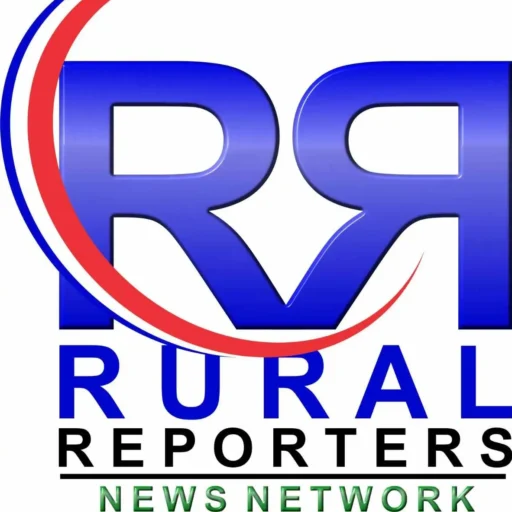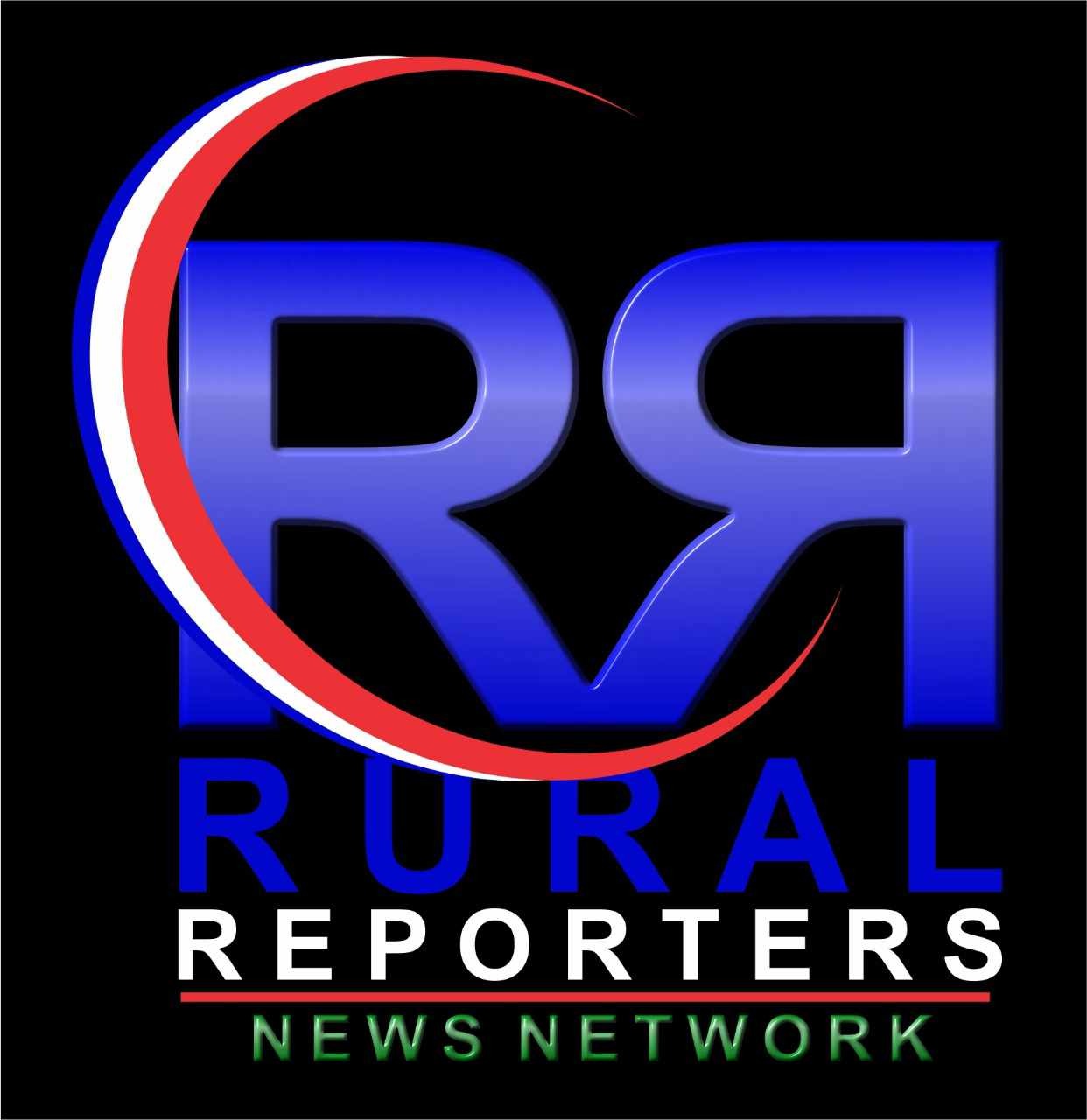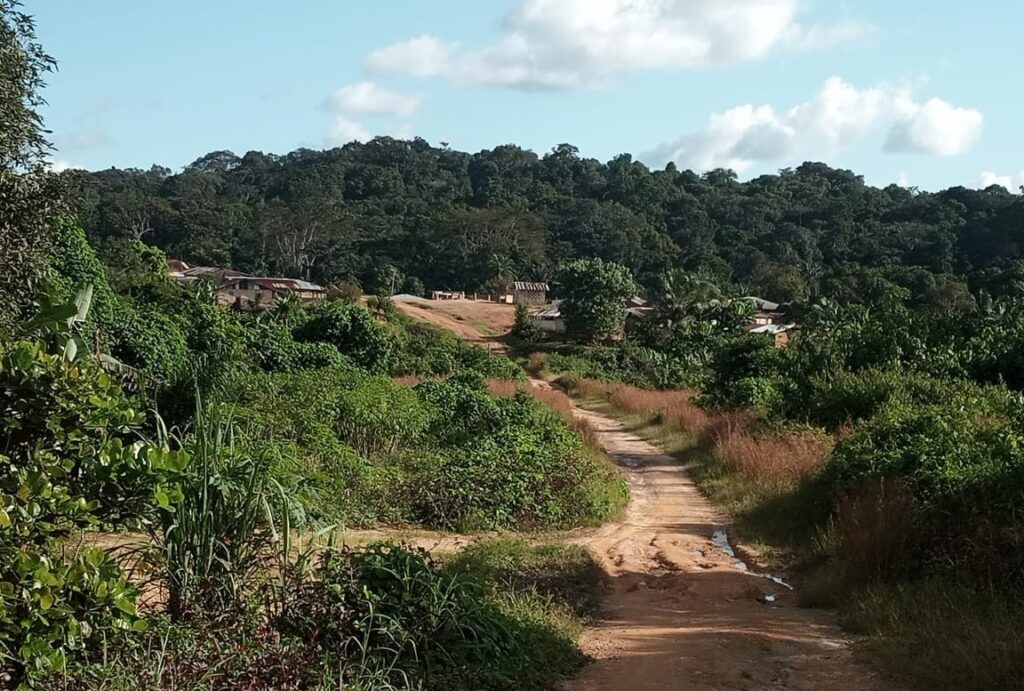By Bendu Dennis with the Liberia Forest Media Watch
Residents of the Korninga ‘A’ Authorized Community Forest in Gbarpolu County are demanding a renegotiation of their logging agreement with Coveiyallah Investment Enterprises.
Despite accusing the company of failing to fulfill development obligations—including building latrines, bridges, and health facilities—during the first five years of its operation, the community prefers renegotiation to outright termination. They believe a revised deal could compel the company to honor its commitments.
The Korninga ‘A’ Authorized Community Forest, located in Electoral District One of Gbarpolu County and Coveiyallah entered into a 14-year agreement in 2019. The contract area covers 48,298 hectares of forest land, renegotiable after every five years. The first five-year term expired in May 2024 without significant progress, primarily due to internal disputes within the company.
Internal Conflicts and Stalled Operations
Coveiyallah’s internal struggles have severely disrupted its operations. The company’s CEO, Mr. Wang Yue, is accused of mismanaging funds and failing to equitably distribute proceeds, while its President and owner, Mr. Anthony Urey, has demanded greater accountability. The dispute escalated to a legal battle, effectively paralyzing the company’s ability to meet its obligations to the community.
J. Emary Siaffa, Chief Officer of the Korninga ‘A’ Authorized Community Forest, criticized the company for leaving the community stranded. “We have seen no latrines, no concrete bridges, and no health facilities as promised. If things do not change [after renegotiation], we may have to terminate the contract permanently,” he stated.
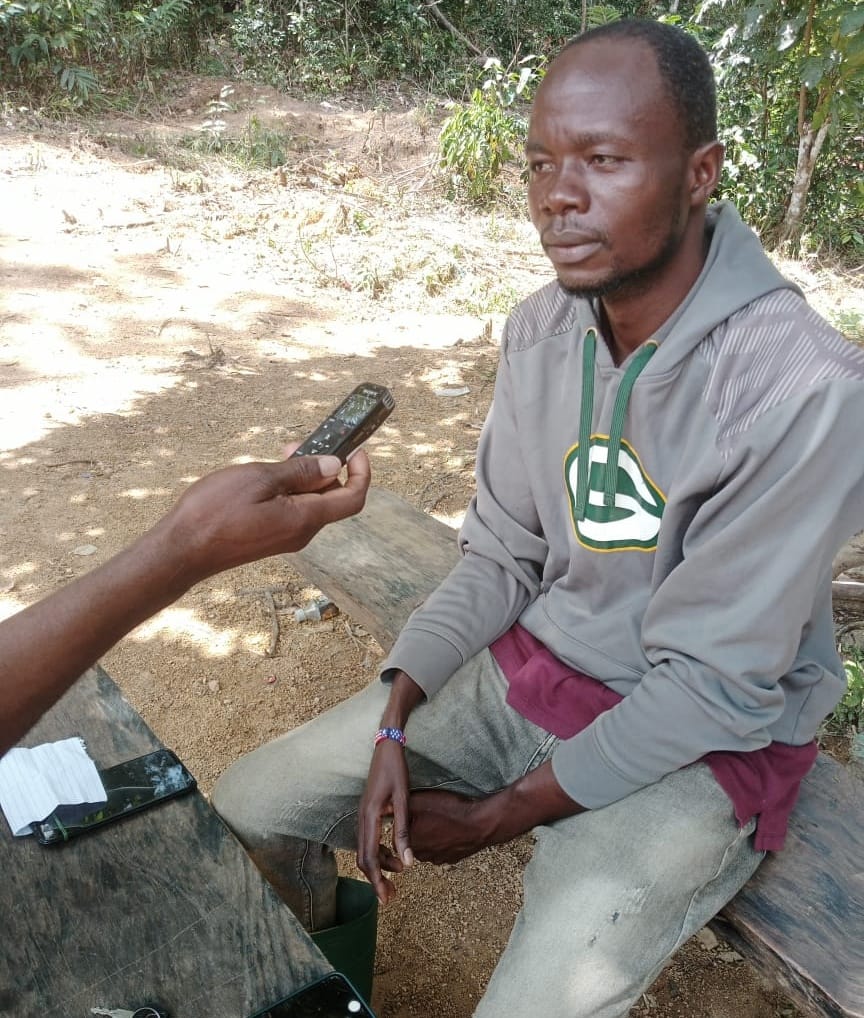
Promises Unfulfilled
Under the agreement, Coveiyallah committed to paying US$1.50 per hectare annually, amounting to at least US$1 million over 14 years in land rental fees alone. The community is entitled to 55% of this revenue, with the remaining 45% going to the national government.
The company also pledged to provide US$15,000 annually in scholarships, totaling over US$200,000 for education during the agreement period.
However, these promises have gone unmet. Local residents expressed frustration, highlighting the lack of employment opportunities and unfulfilled pledges to construct hand pumps and schools.
“When Coveiyallah came to our community, we were hopeful,” said Samakai Barkollie, Assistant Town Chief of Gbarnkpa Town. “But due to conflicts within the company, they did not fulfill their obligations.” Hawa Sumo, a female resident, added, “They promised to build hand pumps, but that never happened.”
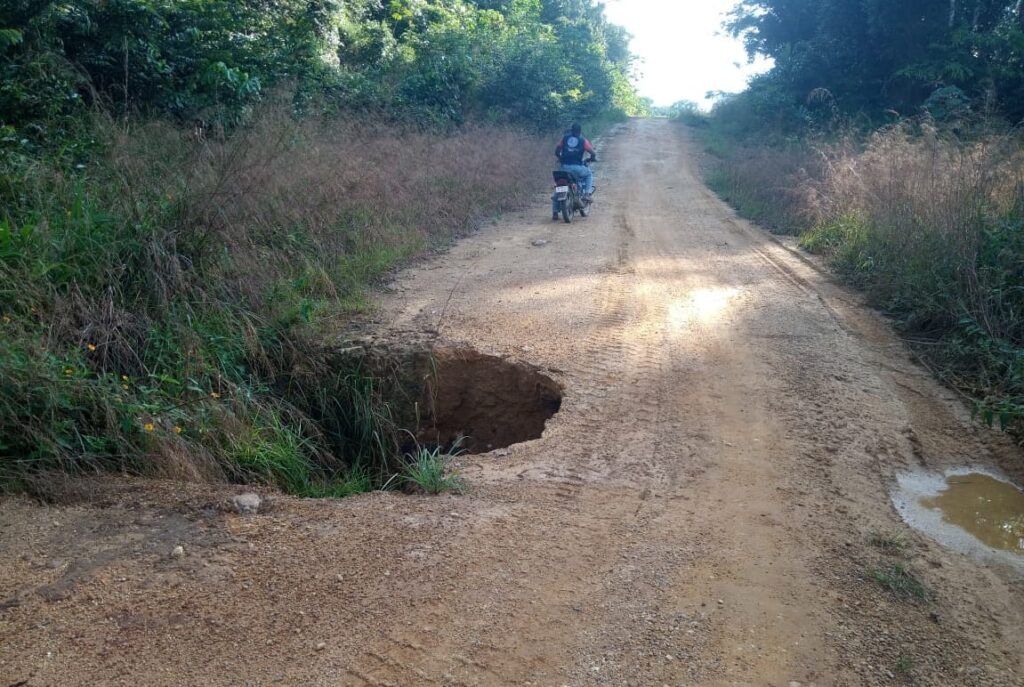
A Push for Renegotiation
Despite the setbacks, the community say they are open to renegotiating the agreement, hoping to give the company another chance to fulfill its promises. “If they can deliver within the next year or two, we might consider allowing them to stay,” said Chief Officer Siaffa.
Former Coveiyallah liaison officer Levi Laban noted that logs harvested by the company remain in the forest due to the ongoing legal battles. “For the past two years, they have been in court, which has caused a lot of frustration for us,” he said.
In response to the community’s concerns, Coveiyallah’s President, Anthony Urey, acknowledged the delays. “We’re aware of the community’s concerns and are working to resolve our internal legal matters. We want to recommit to our agreement and fulfill the promises we made. Discussions with the community are already underway to rebuild trust and create a win-win partnership,” Urey said.
Advocacy and Caution
Sylvester Varmah, Field Coordinator for the advocacy group Citizens’ Initiatives for Dialogue, urged caution as the community considers its next steps. “The future of the Korninga ‘A’ Authorized Community Forest remains uncertain, but we hope for accountability and positive change moving forward,” he said.
As the renegotiation process unfolds, residents remain hopeful that Coveiyallah Investment Enterprises will settl the intermal wrangling, honor its commitments, and that the partnership will ultimately benefit the community.
This story was published as part of the Liberia Forest Media Watch effort to strengthen opportunities for rural female journalists to produce print and radio news stories on natural resource with support from the European Union through the French Development Agency.
